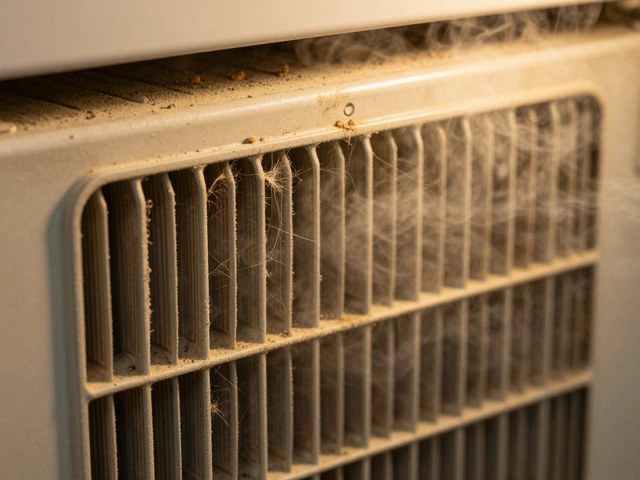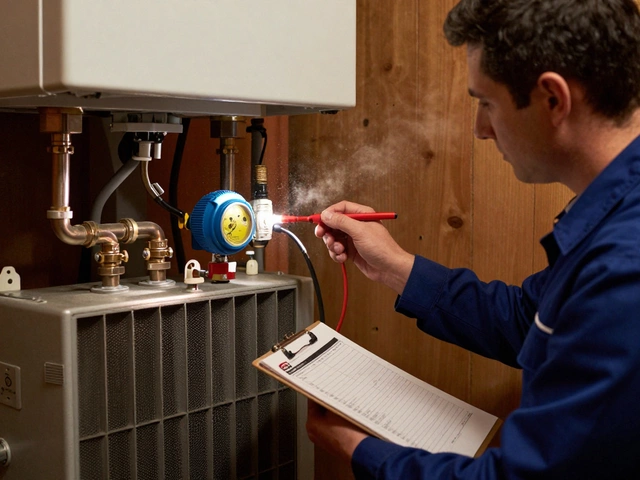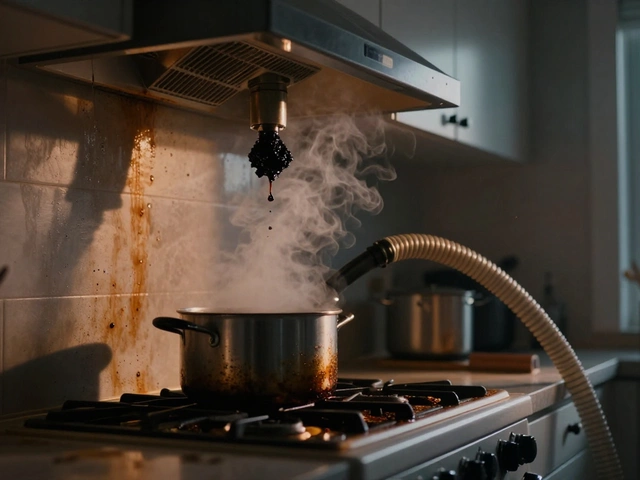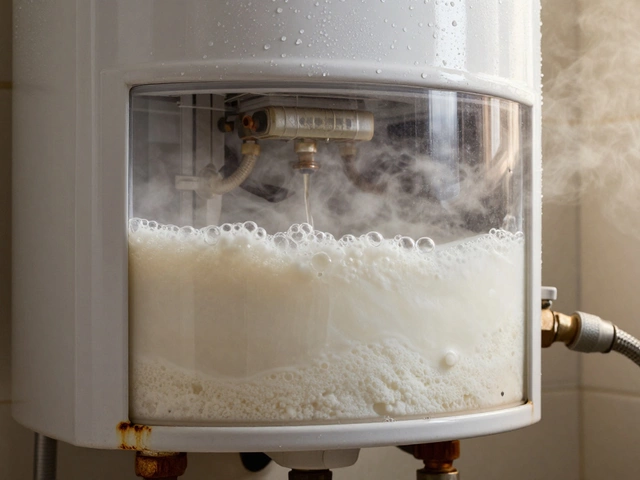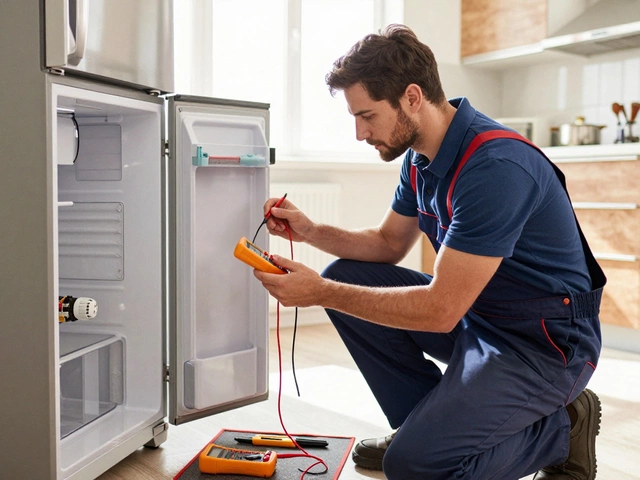How Long Do Boilers Last? What Affects Their Life and How to Keep Them Happy
Most homeowners assume a boiler will work forever, but the truth is they have a finite life. On average, a well‑looked‑after boiler lasts between 10 and 15 years. Some models push 20 years, while others give up after just eight. Knowing the key factors that wear a boiler out helps you plan repairs, schedule service, and decide when it’s time for a replacement.
What Determines a Boiler’s Lifespan?
Boiler type is the first factor. Combi boilers, which heat water on demand, usually have fewer moving parts than system or conventional units, so they can out‑last those with a separate hot‑water cylinder. The fuel source matters too – gas boilers tend to last longer than oil or electric ones because they run at lower temperatures.
How often you run the heating also counts. A home that’s heated every day from October to March will put more cycles on the heat exchanger than a house that only uses it for a few weeks a year. Water quality is another hidden enemy; hard water leaves mineral deposits that corrode pipes and the heat exchanger, cutting the boiler’s useful years.
Finally, regular maintenance makes a huge difference. A yearly service that checks the pressure, cleans the burner, and inspects the pump can add two or three years to the boiler’s life. Skipping service lets small problems grow into costly failures.
Signs Your Boiler Is Nearing the End
Listen for strange noises – rattling, banging, or whistling sounds often mean scale buildup or air trapped in the system. If the water pressure constantly drops or you need to top it up every few days, the expansion vessel or pressure‑reducing valve could be failing.
Uneven heating is another red flag. One radiator staying cold while others are hot suggests a blocked pipe or a failing pump. A sudden rise in your energy bills, even with the same usage, often points to inefficiency caused by wear.
Leaks are the most obvious warning. Any drips around the boiler, pipework, or on the floor should be checked right away; corrosion can spread quickly and make repairs far more expensive.
Here are three quick maintenance habits you can do yourself: (1) check the pressure gauge once a month and keep it between 1 and 1.5 bar; (2) bleed any cold radiators to release trapped air; (3) keep the area around the boiler clear of clutter so the fan can breathe. These small steps keep the system running efficiently and give the technician a cleaner job when they arrive.
When you notice one or more of these symptoms, call a qualified technician. They can advise whether a repair will extend the boiler’s life or if a replacement makes more sense financially.
In short, a boiler’s lifespan isn’t set in stone. Choose a reputable brand, keep up with annual servicing, watch for warning signs, and you’ll get the most out of every year. If your boiler is hitting the 12‑year mark and you’re already spending on fixes, start budgeting for a new unit – the right time to upgrade is usually when repair costs approach 50 % of the price of a new boiler.
Boiler Life Expectancy: How Long Should You Expect Yours to Last?
- Alden Wilder
- Jun 5 2025
- 0 Comments
Curious how long a boiler should last before it conks out? This article breaks down the typical life expectancy of gas, oil, electric, and combi boilers with real numbers. You'll get practical tips on making your boiler last longer, uncover real-world causes for early breakdowns, and learn the warning signs that scream it's time to replace. Whether you're a homeowner or a renter, this is your no-nonsense guide to boiler longevity.
View More
